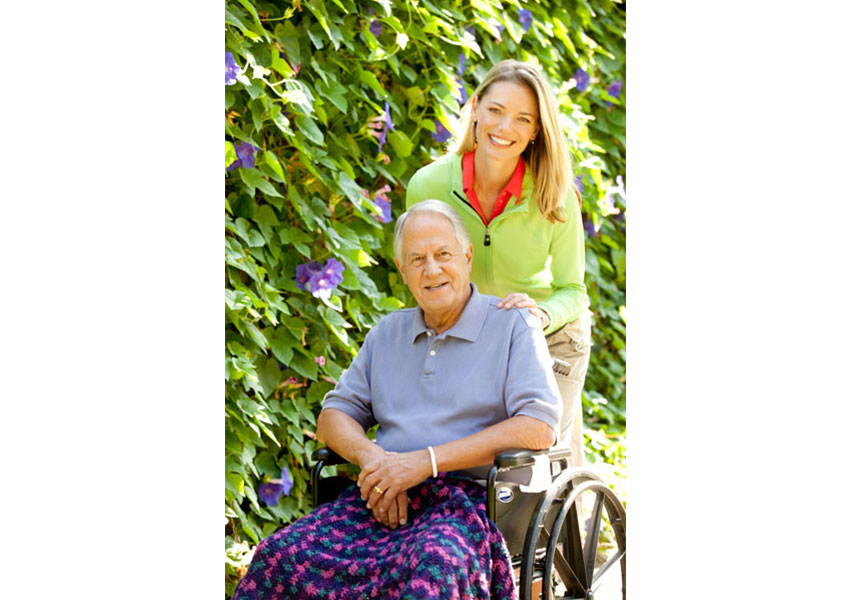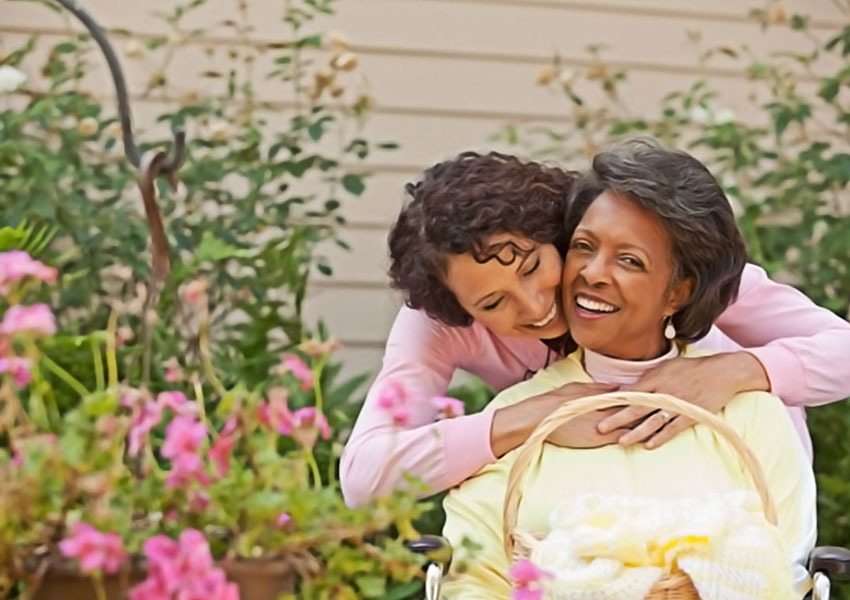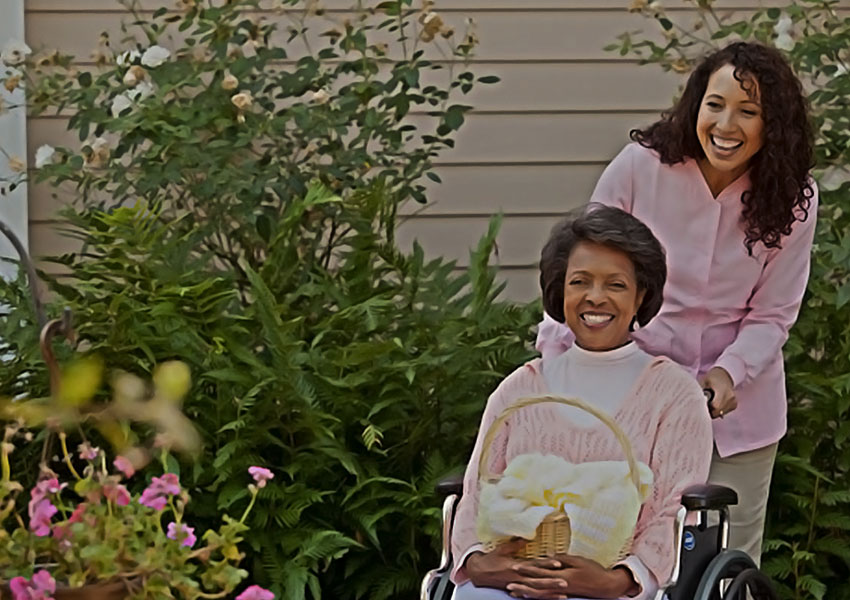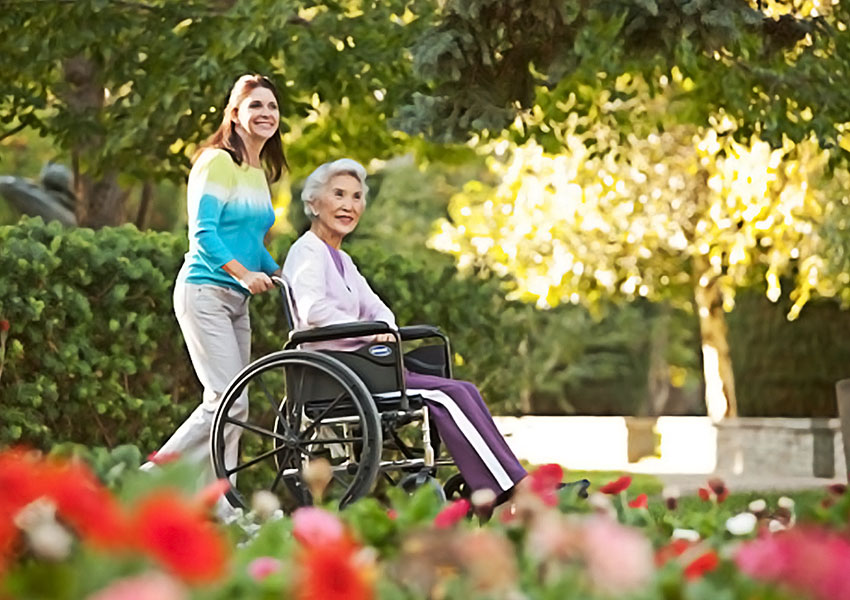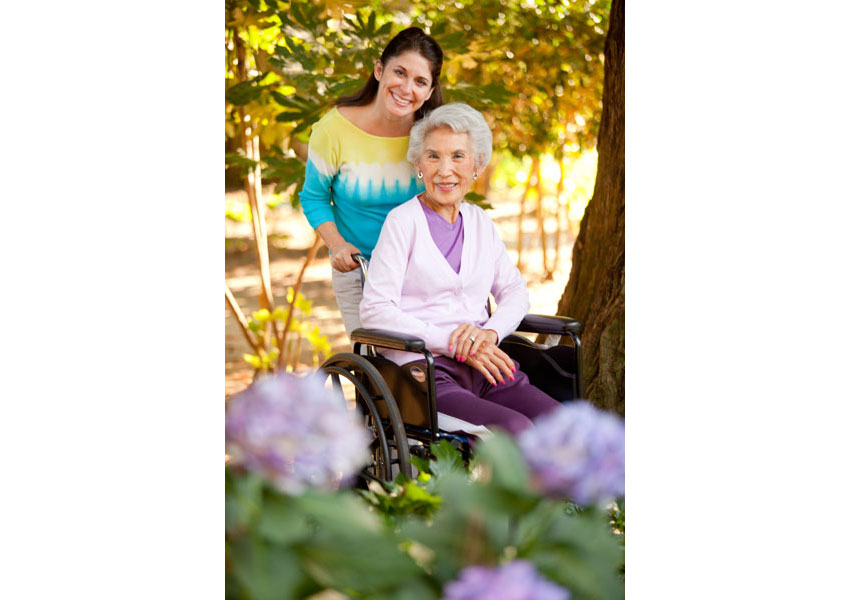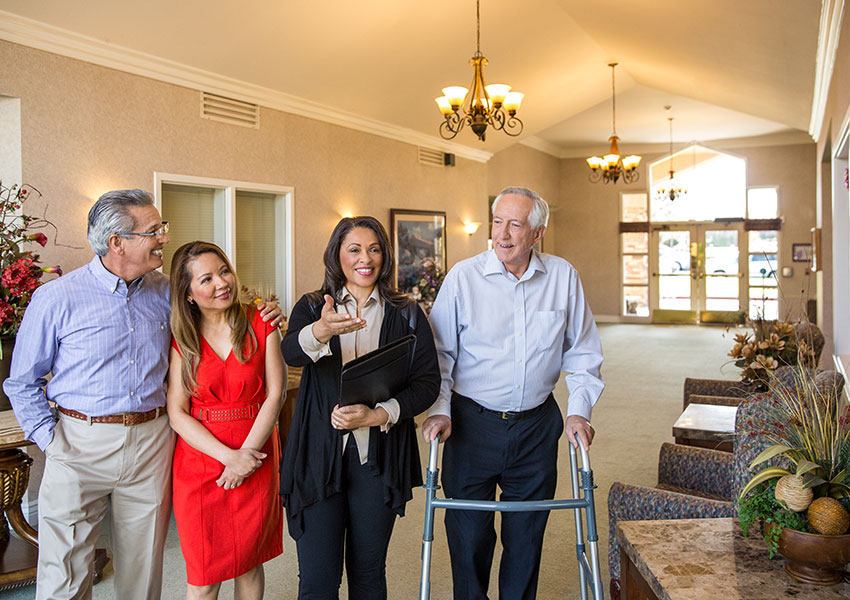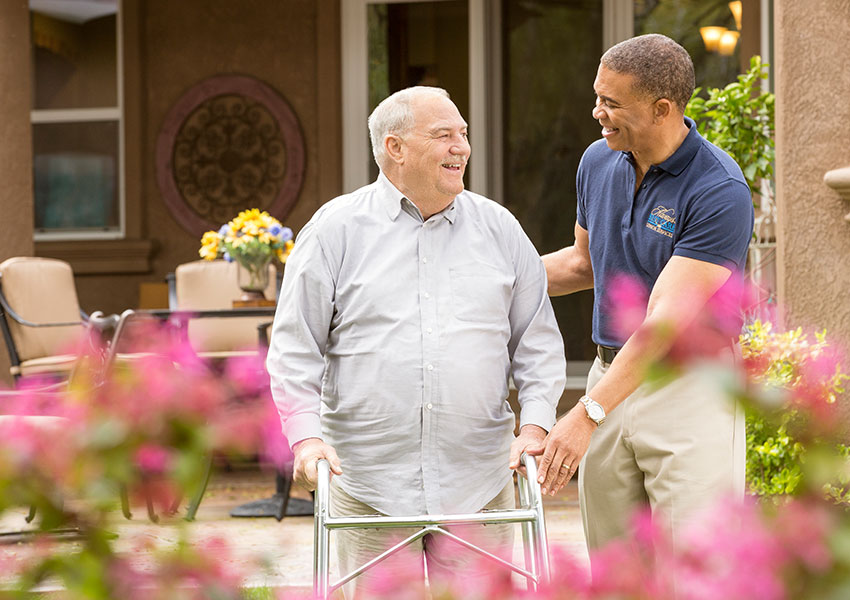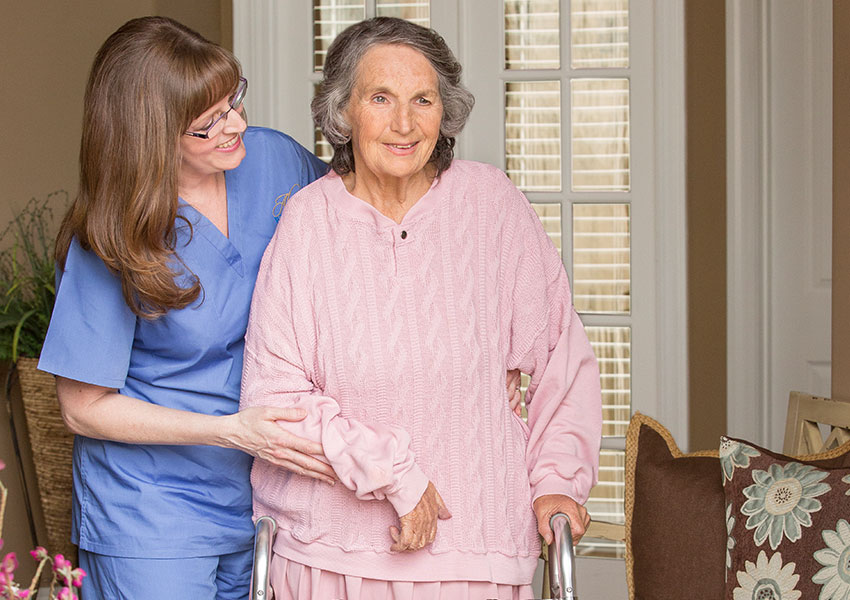 As people age, they experience the benefits of wisdom and decades of life lessons, but growing older takes a toll on the body and the brain. People move more slowly in old age, and their bodies become more fragile. Forgetfulness and other memory issues are also common as people advance through life in their post retirement years. In most cases, these characteristics are normal. However, Alzheimer’s Disease and other forms of dementia can come with symptoms that are difficult to distinguish from characteristics common to “normal” aging.
As people age, they experience the benefits of wisdom and decades of life lessons, but growing older takes a toll on the body and the brain. People move more slowly in old age, and their bodies become more fragile. Forgetfulness and other memory issues are also common as people advance through life in their post retirement years. In most cases, these characteristics are normal. However, Alzheimer’s Disease and other forms of dementia can come with symptoms that are difficult to distinguish from characteristics common to “normal” aging.
If you are a family member or caregiver of an aging individual, it’s important for you to be able to recognize when a symptom is indicative of normal aging, or when it could mean that dementia is setting in. Providing the proper care depends on being able to understand your loved one’s health and the underlying factors driving behaviors. Thankfully, there are ways to determine whether an aging individual is simply aging normally, or is experiencing early symptoms of Alzheimer’s.
Forgetfulness and Awareness
One of the key ways for you to determine whether a loved one is experiencing the effects of normal aging, or is suffering from dementia is to pay attention to the aging individual’s awareness of their own forgetfulness.
Basically, forgetfulness is normal during aging. Sometimes the brain is better at recalling things than at other times, and this is dependent upon a number of factors including the setting, the current level of nutrition, amount of sleep and level of stimuli in the environment.
During normal aging, a person afflicted with these types of memory lapses will be aware of their own difficulties. So if your loved one can recall that they had a memory lapse, it is most likely due to aging, and the lapse is probably not related to the onset of dementia.
However, if your loved one is unaware of the fact that they’re becoming increasingly forgetful, it could be a sign of Alzheimer’s.
Two or More “Intellectual Abilities”
Technically speaking, an individual suffering from dementia is observed to have experienced a decline in two or more “intellectual abilities.” For many individuals, those two abilities are memory and judgment.
Therefore, you should pay attention to combinations of mental difficulties. If memory loss is accompanied by a disregard for personal safety, for example, you should seek help for possible dementia care. On the other hand, if the memory loss is unaccompanied by any other mental difficulty, it’s likely just another sign of aging.
Where Are You?
Another aspect of aging that’s normal is the need to “get one’s bearings” when an individual finds him or herself in a given location. What’s not normal is the inability to follow directions or getting lost in a familiar place as if it’s somewhere they’ve never visited.
Pay attention to how your loved one behaves in locations other than the home. If they need to take a minute or two to adjust, that’s normal. But if they remain confused — particularly in familiar locations — it could indicate that Alzheimer’s is having an effect.
More Information about Alzheimer’s
For more information on understanding the signs of Alzheimer’s and other forms of dementia, as well as expert help in providing care for an aging loved one at home, call Always Best Care today at 1 (855) 470-CARE (2273) and learn how you can receive your FREE consultation.








